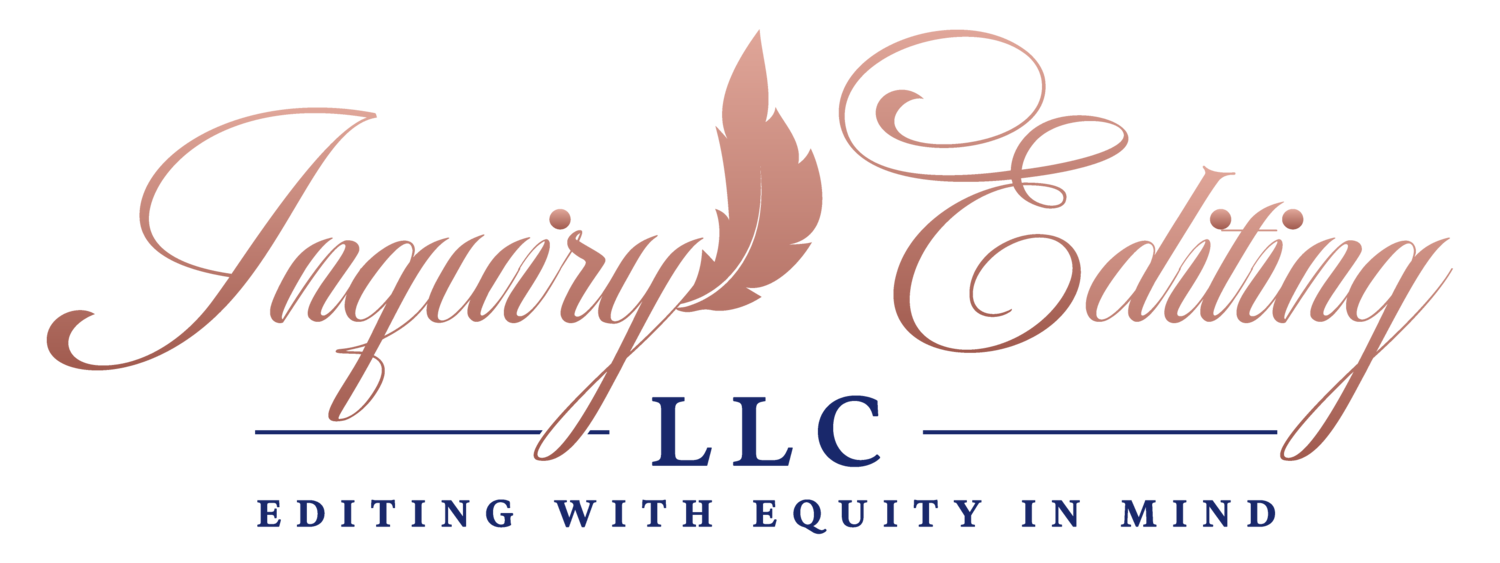Teaching Series - Syllabus 101
It strikes me as odd that I’ve not talked about teaching yet. I do not think of teaching as the thing that interrupts my writing. Instead, I understand it as a practical arm of the research, a way to bring my thoughts to a small audience. In the next few weeks, I’ll write about how I blend my teaching with my writing.
Last week, I talked about structures and forecasted a conversation about the syllabus. The best advice I received about teaching was teach what you’re writing about. I extrapolated that to mean: embed your intellectual interests in the syllabus. That includes the material I assign, the ideas I speak about, the questions I ask, and the environment I’d like to create. Let’s talk about the last one.
Over the course of my career, I’ve found it difficult to avoid the antagonistic relationship that so often results between professors and students. I don’t like the feeling that we are at odds. Some of this is beyond my control since I hold the power of the grade and of the knowledge I’m assisting them to acquire. Given that I am a Black woman with a disability, students have all kinds of relationships to my body, none of which have anything to do with me. I’d much prefer to give feedback rather than grade, discuss rather than argue.
Thanks to Dr. Tasha Hawthorne, I was introduced to contract grading. In her version of this “ungrading method,” students are required to complete a set of tasks for the standard grade of B minus. Those tasks include doing required assignments on time and to specification, being a good classroom citizen, and meeting with the professor twice in office hours. Instead of receiving a grade for each assignment, students receive feedback. They can work their way from a B minus to a higher grade by completing optional assignments and writing a letter arguing for their grade.
I shifted the structure a little bit. I allow for students have one “oops” per term. They can miss an office hours meeting or not do the final paper (useful for seniors doing thesis). To my mind, this allows for a degree of grace, especially as we are still in a pandemic, especially when I teach 100 level classes where the first years are getting used to how college works. With regard to the optional assignments, I provide them with readings, opportunities for feedback on short (500 word) assignments, and ways to enhance their major assignments. I also tell them that their letter cannot explain personal growth because I should never be in a position to judge them as people, only what they’ve learned as thinkers.
This structure allows for the kind of classroom environment I like. We focus on ideas. We focus on intellectual growth. I have seen students take intellectual risk in their papers and become more deliberate writers. Some of that antagonism is quelled. Other times, students are hell bent on being antagonistic and I can’t help them through that. I rely on the structure of the syllabus to do what I can and then I have to be like Frozen and “let it go.”
What does this have to do with writing?
It used to take some meditation and ritual and venting before I could turn to my own work. I always needed a hard pivot because my classroom would feel miserable. After I turned back the first assignment, I’d get a lot of blank faces, or angry faces, or faces set in hard lines… many of whom would give me the silent treatment typical of angry teenagers or the sharp retorts generated by irritability. Sometimes there were threats to my person. I can’t say the contract grading solves all those problems: students still have difficulty with feedback, but now they can frame it as part of the writing process rather than a judgement on their intellect.
As a result of having a new structure, a new frame for the class, I can simply spend my time engaging with ideas as generously as possible. It makes the return to my work a lot easier. I have come to think of it as similar to those years I spend editing special issues of journals and the Arab American Aesthetics volume. I can switch between providing generative feedback and creating my work so that it, eventually, is ready to receive feedback.
Quick anecdote: I received a bunch of short assignments about a week ago. I noticed the students’ response to Toni Morrison’s Playing in the Dark was to create a call to arms. They had a lot of recommendations for readers, writers, professors, and publishing houses. So, I asked them: Please tell me about this intellectual move you’re making to do a call to arms. I’ve seen this in op-eds and in argumentative pieces, but not in literary analysis. What’s your thought process? The answers I got were fascinating: “I don’t want to be mistaken for someone like those authors Morrison talks about” and “It feels like the best ‘so-what’ for the argument” and “It seems like Morrison’s text asks for that.” In response, I offered them (that’s the word I used) some other options for thinking about writing and responding. It felt like a useful, peaceful exchange.
To sum up: there are aspects of my pedagogical life that stressed me out and felt contrary to what I wanted my classroom to be. I’ve seen this in creative writers who reject the Iowa Workshop model or grad seminars that ask people to outline what an author does well before they tear the book to shreds. I used the structure to help me feel more at ease and effective. Where might you create some ease in your teaching?
NB: I can provide a copy of my syllabus if you’d like to see the contract grading.
